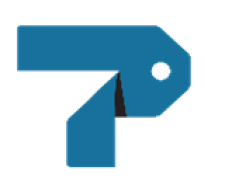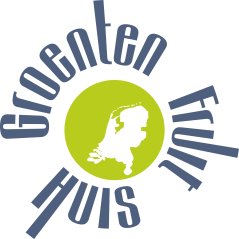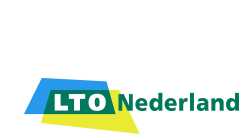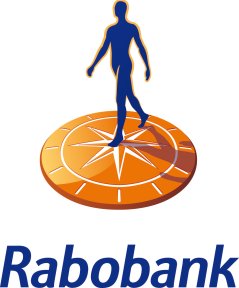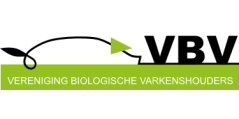
Project
True and Fair Price for Sustainable Products
CO2 emissions, biodiversity, soil fertility, water quality, fair pricing, animal welfare, health: there are many societal themes that require attention in the food chain. The research project Echte en eerlijke prijs (true and fair pricing) will aid farmers and food producers in determining the true and fair price of sustainable products.
What is true and fair pricing?
True pricing gives a complete picture of the economic and sustainability costs of the production and consumption of food products. A true price helps:
- producers to produce as sustainably as possible
- conscious consumers to choose the right product
- government agencies and public bodies to stimulate the economy and transition towards sustainability the right way
The transition to more sustainable production comes with a price. Often, there are additional costs and risks involved. On the other hand, there are sustainability benefits if the consumer is prepared to pay extra. In this case, the costs, benefits, and risks must be distributed across the chain. All too often, the primary producers are getting the short end of the stick in that regard. With fair pricing, the costs, benefits, and risks are shared equitably.
Towards a broadly supported methodology
The concepts of true pricing and fair pricing have been developed over the past six years. However, there is still no clear, widely supported methodology that is accepted by all parties in the sector, which is also publicly available.
Additionally, too little is known about consumer response. Does knowledge of true and fair pricing help consumers make better decisions when buying products? And if so, what information is most useful?
In this public-private partnership (PPP), together with the sector and consumers we are integrating insights into a comprehensive, broadly supported methodology that is publicly available. This will enable us to make the latest scientific insights immediately applicable.
What are the benefits?
- partners receive direct support to make their products more sustainable,
- knowledge about true and fair pricing, both from theory and practice (case studies), incorporated into a practical methodology to accelerate sustainability,
- examples of the application of true and fair pricing of products, with communication strategies for parties in the chain and the general public.
Are you interested? Get in touch and we can explore the options together!
News
Publications
- True Cost Accounting (TCA): a methodology for making the global food system more sustainable
- A method for calculating the external costs of farm animal welfare based on the Welfare Quality® Protocol
- Air, Soil and Water Pollution
- Creating trust and consumer value for true price food products
- True Price Assessment
- Occupational Health and Safety
- Living Income
- Farm animal welfare
- Fossil fuel and other non-renewable material depletion
- Scarce water use
- Soil degradation: true pricing method for agri-food products
- Air, soil and water pollution: True pricing method for agri-food products
- Contribution to climate change - True pricing method for agri-food products
- Land use, land use change, biodiversity and ecosystem services
- Valuation Framework for True Price Assessment of Agri-food Products
- Livestock in Tanzania
- Proper and Fair Pricing
- Valuation of livestock eco-agri-food systems: poultry, beef and dairy
- Presentation WUR in German Workshop: “True Cost Accounting in der Lebensmittelproduktion" | 2 September 2020
- Markets for mankind
- Factsheet True Cost Accounting: a tool to improve the sustainable production and consumption of food
- Consumer Health
Our partners:
This public-private partnership is of great importance because a new, fair, and level playing field is needed to accelerate the sustainability transition in agriculture and food production. [...] Fair prices in the chain are an essential part of this, because without a fair price, quality will decline.




